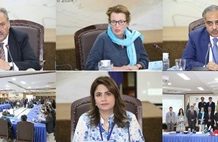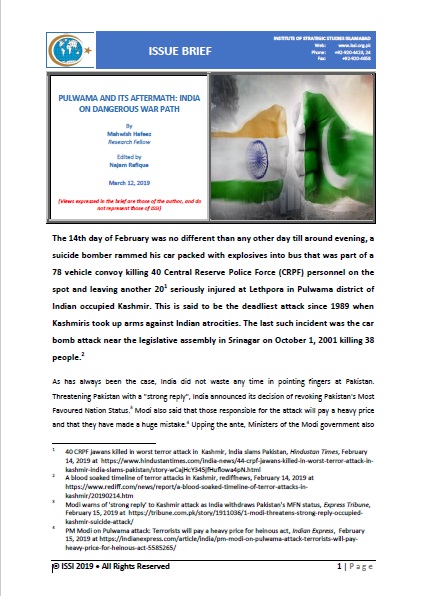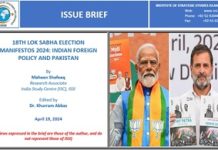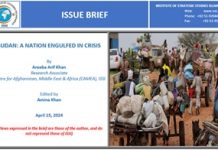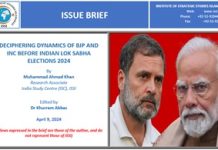The 14th day of February was no different than any other day till around evening, a suicide bomber rammed his car packed with explosives into bus that was part of a 78 vehicle convoy killing 40 Central Reserve Police Force (CRPF) personnel on the spot and leaving another 20[1] seriously injured at Lethpora in Pulwama district of Indian occupied Kashmir. This is said to be the deadliest attack since 1989 when Kashmiris took up arms against Indian atrocities. The last such incident was the car bomb attack near the legislative assembly in Srinagar on October 1, 2001 killing 38 people.[2]
As has always been the case, India did not waste any time in pointing fingers at Pakistan. Threatening Pakistan with a “strong reply”, India announced its decision of revoking Pakistan’s Most Favoured Nation Status.[3] Modi also said that those responsible for the attack will pay a heavy price and that they have made a huge mistake.[4] Upping the ante, Ministers of the Modi government also did not hesitate from issuing strong worded statements against Pakistan. Union Home Minister Rajnath Singh warned that “some elements are being funded by Pakistan and ISI. We won’t tolerate terror. We will eliminate terror.”[5]Union Law Minister Ravi Shankar Prasad said that, “those who perpetrated, supported and patronized this heinous attack would not go unpunished.”[6] He went on to say that there will be an “appropriate and suitable response as may be strategically decided” and that Pakistan was isolated in the comity of nations. India also announced that it would not let its share of water from Indus river network flow to Pakistan.[7] The allegations were strongly rejected by Pakistan. And thus, within hours of the incident, the South Asian region was once again on the brink of war between two nuclear armed countries.




